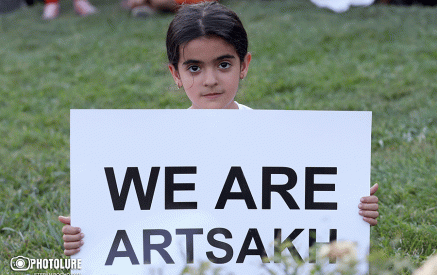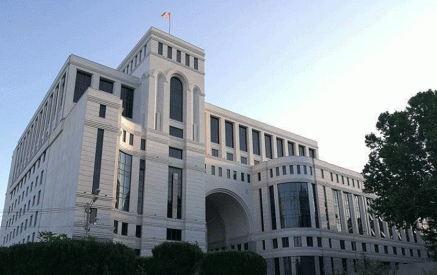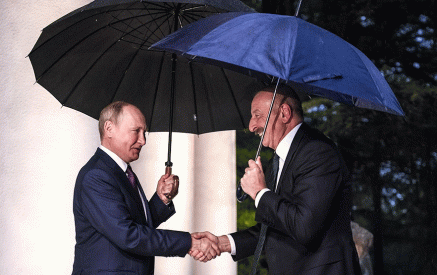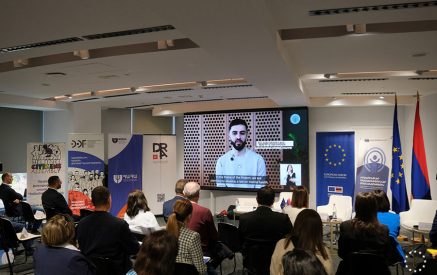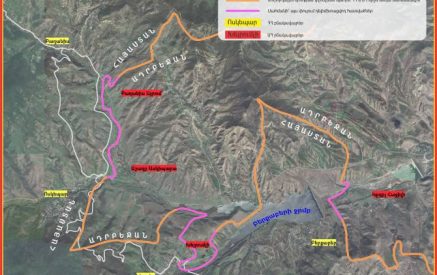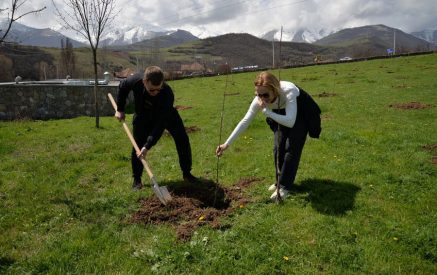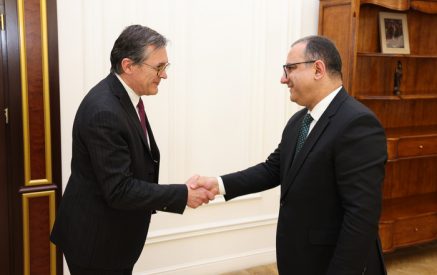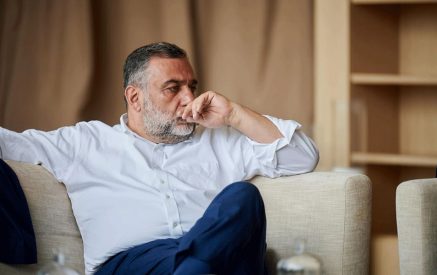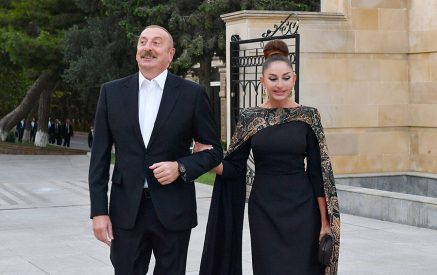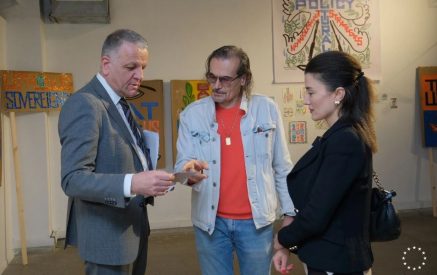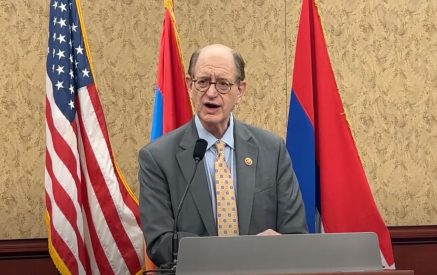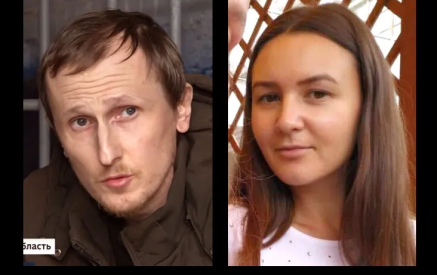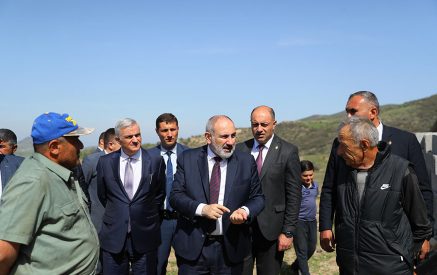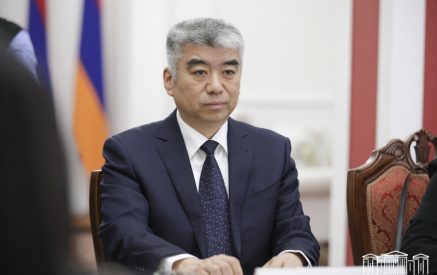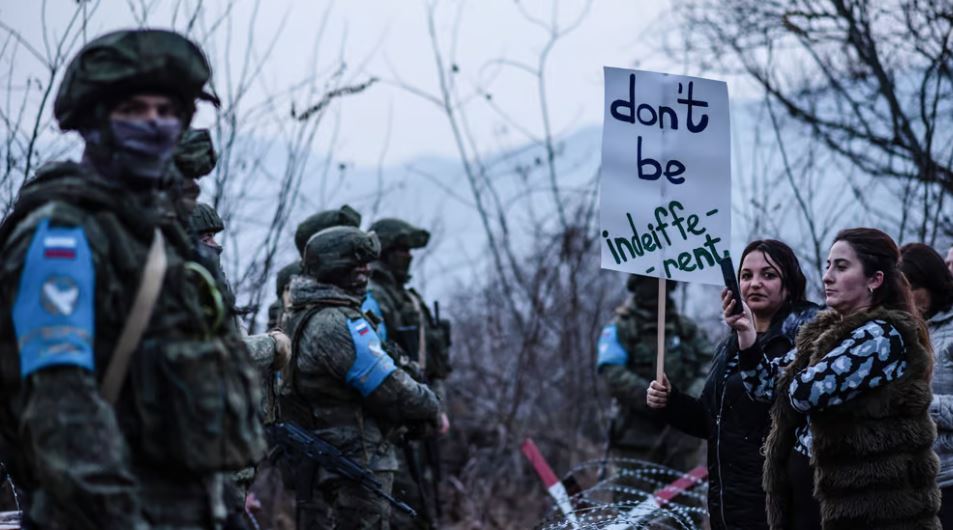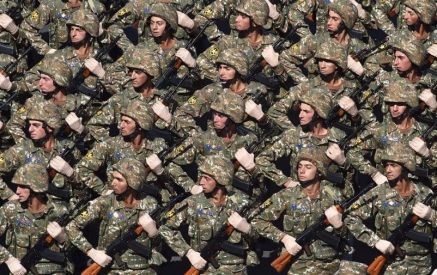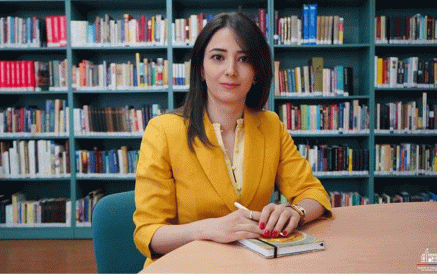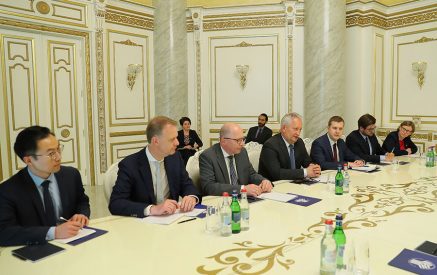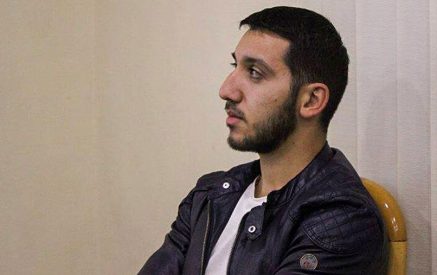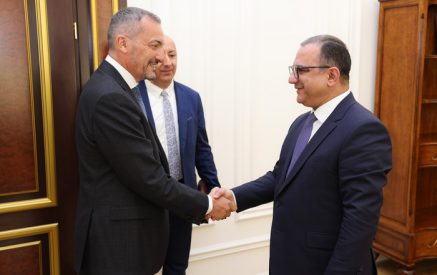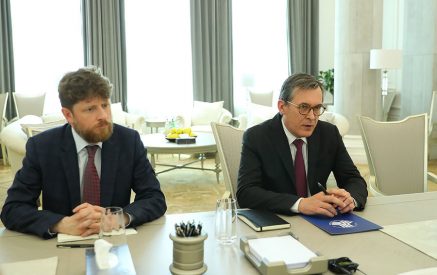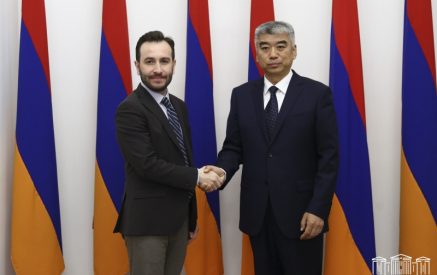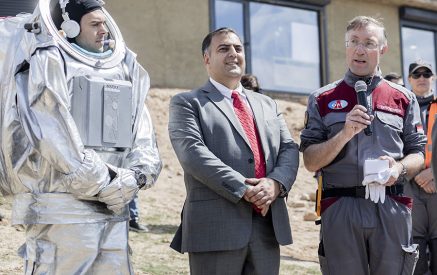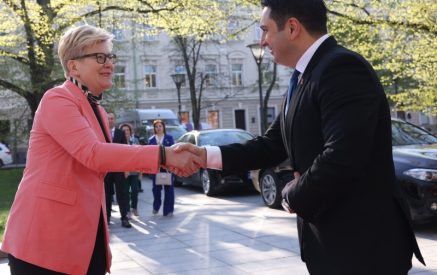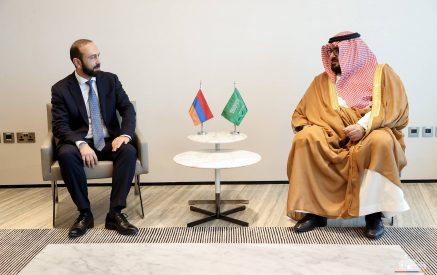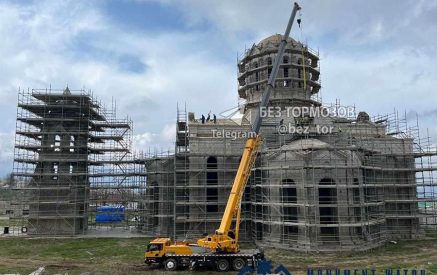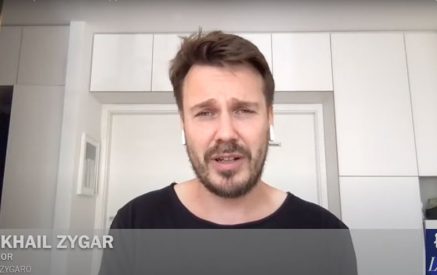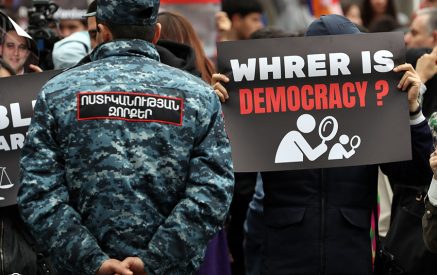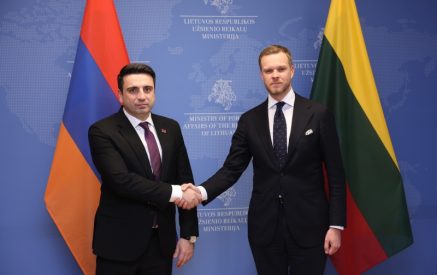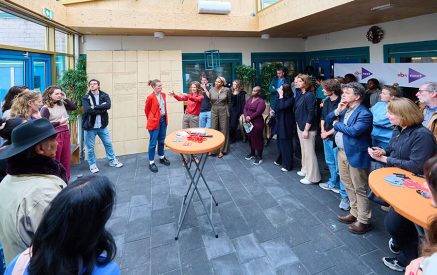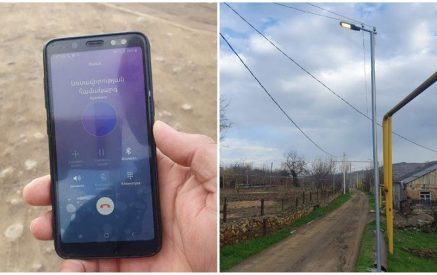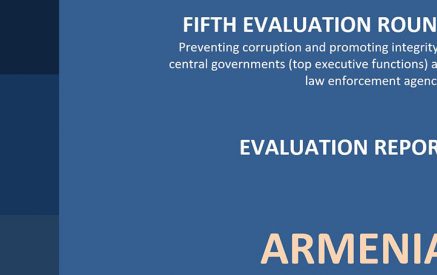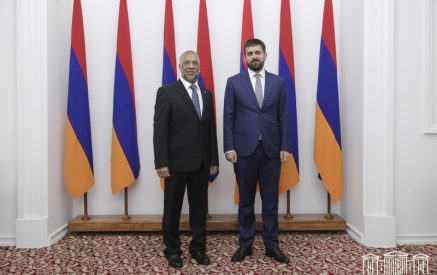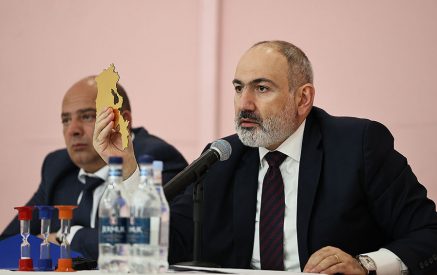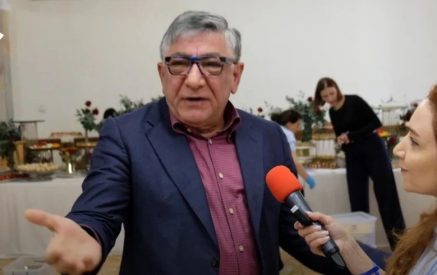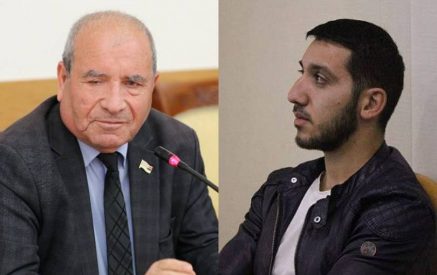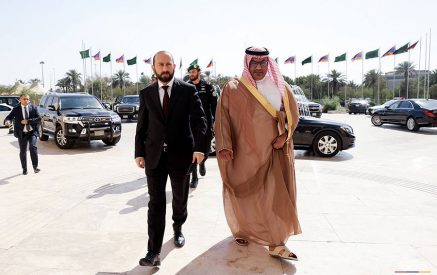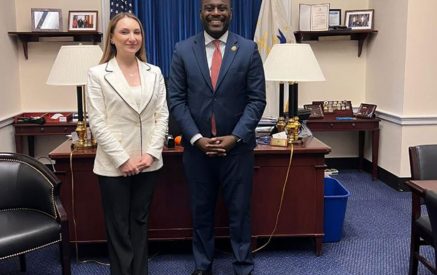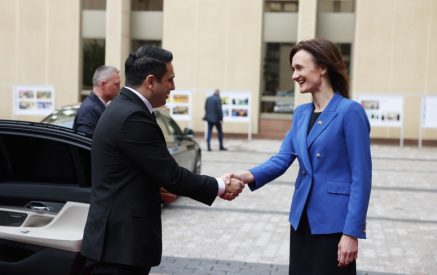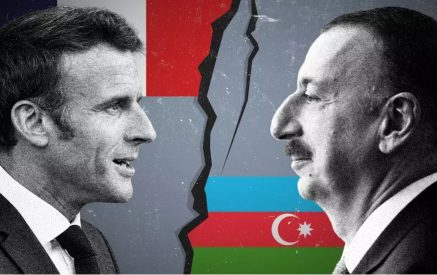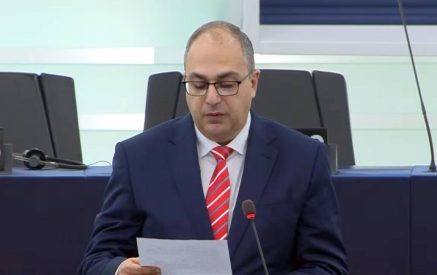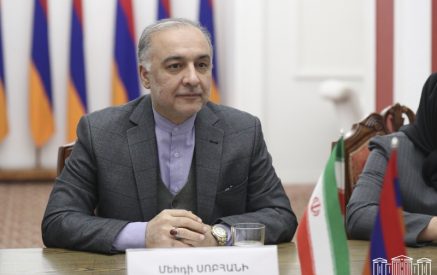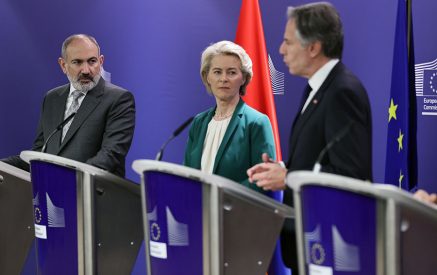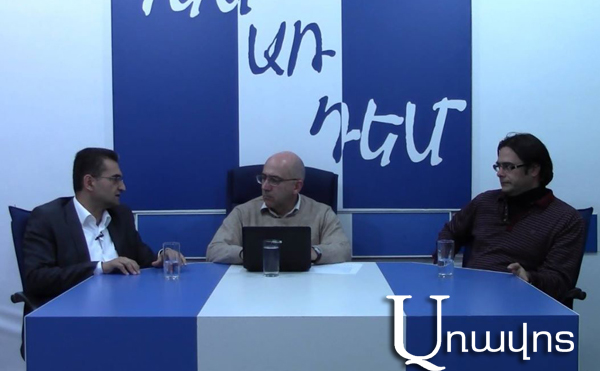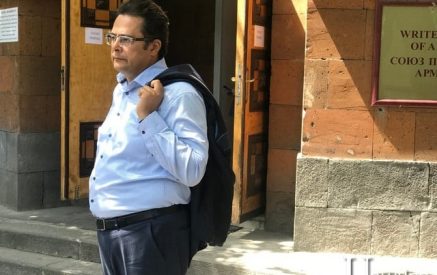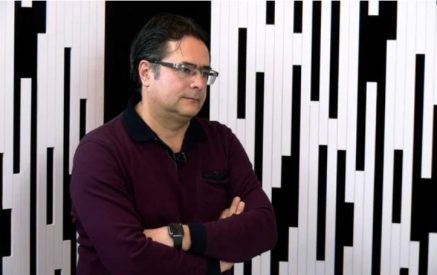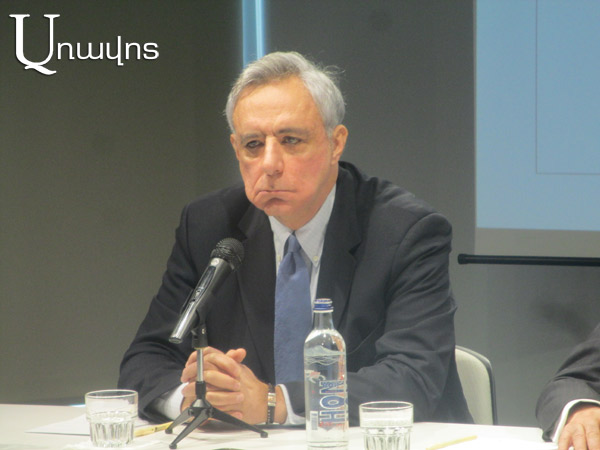The topic of “Aravot” online “Face to Face” talk show is discussed by independent political scientist Andrias Ghukasyan and constitutional law expert Vardan Poghosyan.
Aram Abrahamyan – A few ago, the Constitutional Court recognized the EaEU Agreement in conformity with the Basic law. A number of politicians did not agree with it. Let’s talk about their concerns. The court says that the EaEU decisions are made by consensus, but in fact, according to the opponents, it is done by the majority of votes.
Vardan Poghosyan – Let’s start with the fact that truly most of the decisions are made by consensus. It is prescribed by the agreement, the agreement is open to everyone to read. This Union consists of 4 bodies, the first 3 bodies are the political and economic bodies, the 4th one is the Court. It is the Supreme Council of all the political bodies, which states that all decisions are made by consensus, then comes the Intergovernmental Council, where the decisions are also made entirely by consensus. A third body is the Committee. Here, there should be a differentiation: the Committee has a Council and a Board, and the decisions in the Council are also made by consensus, but the decisions at the Board Committee are made by the qualified majority, which is defined in the agreement: it is 2/3rd majority of the total number.
A. – Vardan presented in detail how the decisions are made. Accordingly, are these concerns not as appropriate?
Read also
Andrias Ghukasyan – This facility has the following structure: it is the Committee that conducts and regulates, and it is the lawmaking body, whose normative acts are binding throughout the EaEU territory. The mentioned first and second bodies are the ones that implement the administration of the Committee, in other words, they are entitled to appoint and dismiss members, invite other states and so on, but the normative legal acts pertaining to regulation are adopted by the Committee, and it adopts these decisions by the qualified majority, with the exception of sensitive issues, the list of which is determined by the Council, which shall be adopted by consensus.
P. – I would like to add one more thing. However, let’s differentiate: the Commission has its Council, on the one hand, a Board, all Council decisions are made by consensus, the Council actually decides sensitive issues, it is decided by the Supreme Council, which again shall make the decisions by consensus.
A. – Which are sensitive, according to you?
P. – I cannot say, I’m not familiar with their practice, I do not know which would be viewed as sensitive issues, but I suppose that all of the types of issues, which contain great political interests by this-or-that member state, should be called sensitive issues.
A. – You said that the Board is the most important body in this whole architecture.
Gh. – We are talking about legal norms making, public administration sectors, where the Committee is the normative acts making body, which consists of the Board and the Council.
P.- Let’s stress here, the Committee and not the Board, the general body of the Committee is the Council, the working body, the implementing body, let’s put this way, the executive body is the Board, where the decisions are made by qualified experts.
More discussion here:
Prepared by ARAM ABRAHAMYAN
“Face to Face” talk show series are released by the Open Society Foundations- Armenia. The views and analyzes found in this broadcast express the opinions of the participants, and are not approved by the Open Society Foundations-Armenia, or its Council. This broadcast is made available thanks to comprehensive financial support by the Open Society Foundations-Armenia, under the mass media support program, grant No 18624.

